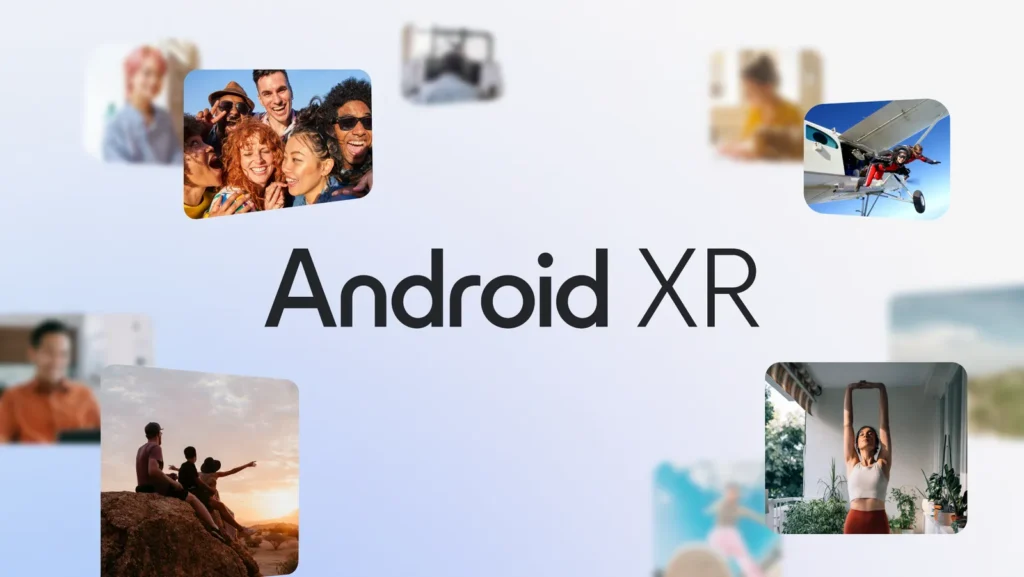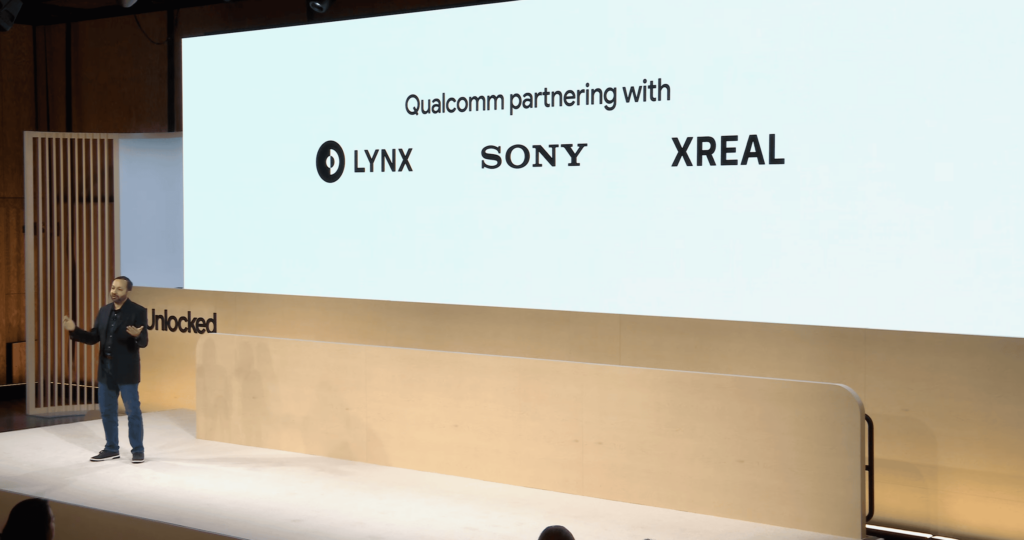
Finally, Google went public with Android XR, after years of working on this new paradigm for the Android ecosystem.
All standalone XR headsets on the market are running currently with their own customized version of AOSP, the open-source part of what people know as “Android”. On top of that, Google just released developer tools, optimizations, perception algorithms and various other software solutions all dedicated to XR. Which I believe is great news for the overall XR market.
Below is a Road To VR article showcasing some projects who were onboarded with Android XR. Lynx is very much part of this group.

The announcement (video here) was centered mostly around the high-end MR Samsung headset. I have to say I was quite amazed by the demo and the device itself. Think of it as the Vision Pro but without the front display and with a more rigid strap. The passthrough was pleasant, mostly because of the low-latency of the micro-oleds panels (compared to a LCD display, they don’t need to wait for the full frame to be rendered to display an image). The MTF of the lenses was quite low in periphery for a pancake lens, but the units they were showing to the press are “early units” and some changes are to be expected.
Now for Lynx, it’s great to be able to talk a bit more about this collaboration with Google and Qualcomm. We are adopting Android XR as an OS compatible with our future headsets. The Lynx-R1 will not be compatible with AXR, but I expect all our future products to be AXR-compatible.
The hardware team is working hard on a new product, and you will hear more later in 2025. The software team is still doing R&D and OS work on the side of our AXR integration, for specific customers like in Defense or the medical field, and for some users who will still want something different.
Lynx is basically doing in XR the opposite of Blackberry in the mobile market. Blackberry was killed by the iPhone, but it was also mostly killed by refusing to adopt Android and thus lacked an ecosystem on the long-run. On our end, we are aligning Lynx with a great partner and future ecosystem like Android XR, while also having our own solution for some specific needs.
Edit (21/12/24): for those of you who understand French, here is an interview I gave on French television from New York reacting to the Android XR event.
_______________
Subscribe to receive the latest articles.
Leave a Reply
You must be logged in to post a comment.